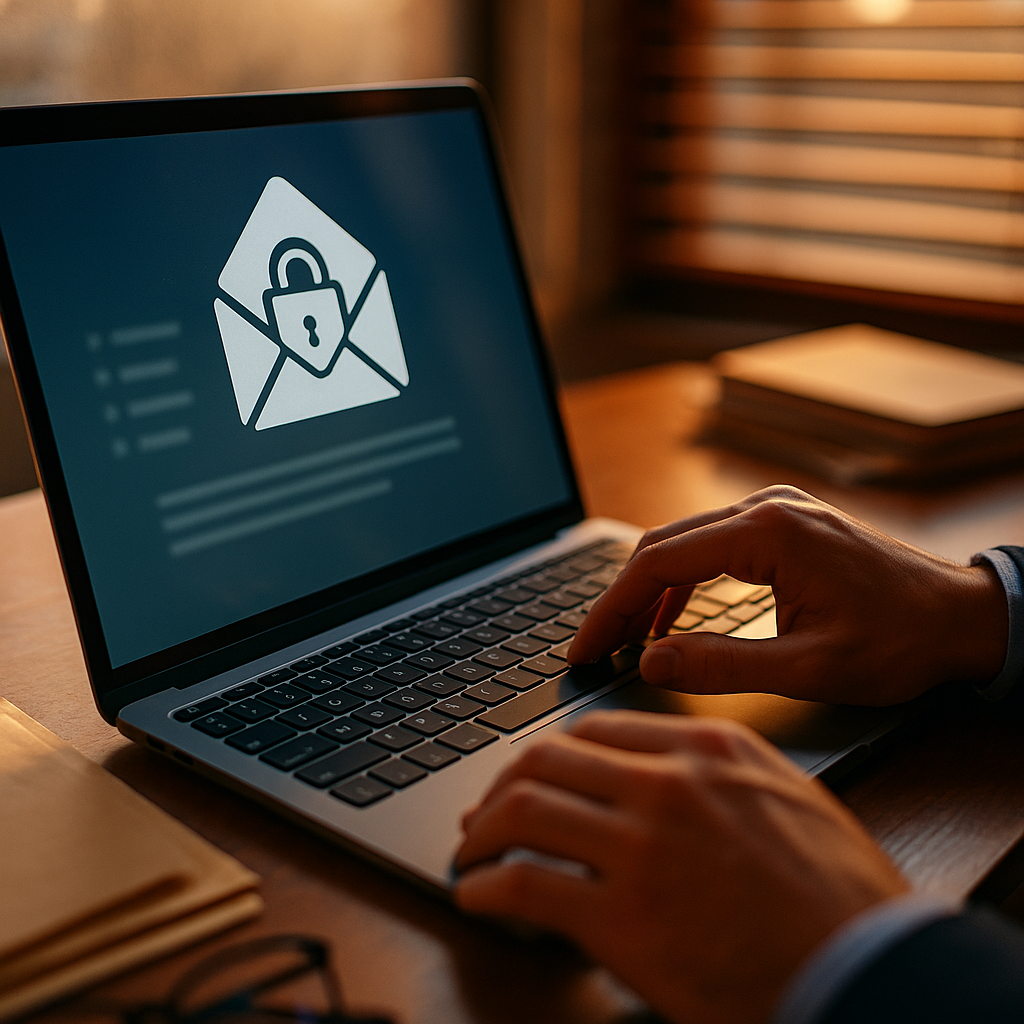Email marketing remains a powerhouse for business growth, but strict rules like CAN-SPAM and GDPR now shape every campaign. Understanding how to comply with email marketing regulations is crucial to avoid hefty fines and protect your brand reputation. Ready to future-proof your emails and build relationships based on trust? Let’s explore essential compliance steps for 2025 and beyond.
Understanding CAN-SPAM and GDPR: Key Differences Explained
The CAN-SPAM Act governs commercial email practices in the United States, setting baseline requirements for senders since 2003. In contrast, the General Data Protection Regulation (GDPR) applies to organizations communicating with, or processing data from, people in the European Union. Both regulations aim to protect consumers, but they differ in scope.
- CAN-SPAM: Focuses on accurate sender identity, honest subject lines, and easy opt-outs for all commercial emails.
- GDPR: Requires explicit consent before sending emails and mandates strict data privacy protections.
Understanding these differences is crucial for businesses operating internationally. Non-compliance can cost millions—in 2024, European regulators issued over €2 billion in GDPR fines, and U.S. authorities stepped up CAN-SPAM enforcement.
Obtaining and Managing Consent for Legal Email Marketing
Consent is the cornerstone of GDPR-compliant email campaigns and recommended best practice under CAN-SPAM. Clear, affirmative opt-in—not pre-checked boxes or passive acceptance—ensures transparency and builds trust. Document consent details, such as signup date and method, for every subscriber.
- Always use unambiguous language when requesting signups.
- Allow subscribers to customize preferences and topics.
- Maintain easily accessible records of consent for audits.
For CAN-SPAM, consent is not strictly required, but honoring opt-outs and delivering only relevant content reduces complaints and boosts engagement. Segment lists by region to ensure all users receive the correct consent requests.
Crafting Compliant Email Content: Transparency and Honesty
Regulations emphasize honest, clear communication with subscribers. The content and design of your emails must disclose who you are, what you’re offering, and include straightforward ways for users to unsubscribe.
- Sender Identification: Use a valid, recognizable “From” name and email address. Include your physical business address in every message.
- Truthful Subject Lines: Both CAN-SPAM and GDPR require that your subject lines accurately reflect the content.
- Unsubscribe Mechanism: Provide a visible, one-click unsubscribe link. Under CAN-SPAM, requests must be honored within 10 business days.
Including a concise privacy notice and a link to your full privacy policy can further demonstrate your commitment to legal obligations and transparency.
Protecting Subscriber Data: GDPR Security Requirements
GDPR imposes strict rules on the storage, processing, and transfer of personal data. Even if your business is outside the EU, you must comply when handling EU customers’ data. Email service providers (ESPs) and internal systems must uphold these standards:
- Data minimization: Collect only information essential for your marketing goals.
- Encryption: Secure data during transfer and at rest using up-to-date encryption technology.
- Access control: Limit subscriber data access to authorized personnel only.
- Breach notification: Report data breaches within 72 hours if they impact EU data subjects.
Conduct regular audits of your data handling processes and work with reputable ESPs that offer GDPR-compliant features in 2025. Subscribers have the right to request access, correction, or deletion of their data—ensure you have efficient processes to address these requests promptly.
Maintaining Accurate Records for Regulatory Compliance
Proper recordkeeping is essential for proving compliance with both CAN-SPAM and GDPR. Regulators may request documentation during audits or investigations, and a well-organized system lowers risk. Keep detailed logs of:
- Consent forms and subscriber preferences
- Sent campaigns and opt-out requests
- Data processing activities
- Third-party data sharing agreements
Leverage automation tools available in leading ESPs in 2025 to minimize manual work and human error. Review processes annually or after significant regulatory updates to ensure ongoing compliance.
Global Email Marketing Compliance: Navigating Multiple Laws
Beyond CAN-SPAM and GDPR, regions like Canada (CASL) and Australia have their own marketing rules. International businesses must monitor local laws, map subscriber locations, and adapt messaging regionally. The best practices are:
- Geo-segment your lists to apply appropriate consent and privacy settings.
- Use dynamic content to display relevant legal notices by location.
- Consult legal professionals or privacy experts for evolving jurisdictions in 2025.
This proactive approach will build trust with global customers and help protect your business from unexpected legal challenges.
Conclusion: Building Trust with Compliant Email Marketing
Complying with email marketing regulations like CAN-SPAM and GDPR isn’t just about avoiding penalties—it’s about showing respect for your subscribers. Prioritize transparency, data security, and clear consent, and your campaigns will earn trust and loyalty in 2025’s competitive digital landscape.
Frequently Asked Questions
-
What happens if I violate CAN-SPAM or GDPR in 2025?
You could face substantial fines—up to €20 million or 4% of global turnover for GDPR, and up to $50,000 per email under CAN-SPAM. Non-compliance may also damage your reputation and erode subscriber trust.
-
Can I email subscribers without explicit consent under CAN-SPAM?
CAN-SPAM does not require prior consent, but all emails must include opt-out instructions, accurate headers, and subject lines. However, obtaining consent is a best practice and legally required for GDPR-regulated contacts.
-
How do I manage unsubscribe requests effectively?
Use a one-click unsubscribe link in every email. Honor requests promptly—within 10 days for CAN-SPAM, and as quickly as possible under GDPR. Remove users from all lists or segments as required and confirm unsubscriptions with a follow-up email if appropriate.
-
Are templates or automation tools safe for compliance?
Most reputable ESPs and templates in 2025 offer compliance features like consent tracking and region-based messaging. Still, always review settings, update legal text as laws evolve, and regularly audit your system for gaps or outdated practices.
-
What subscriber data are considered “personal” under GDPR?
Any information that can identify an individual—names, email addresses, IP addresses, or location data—are personal data. Collect only what you need and store it securely.
